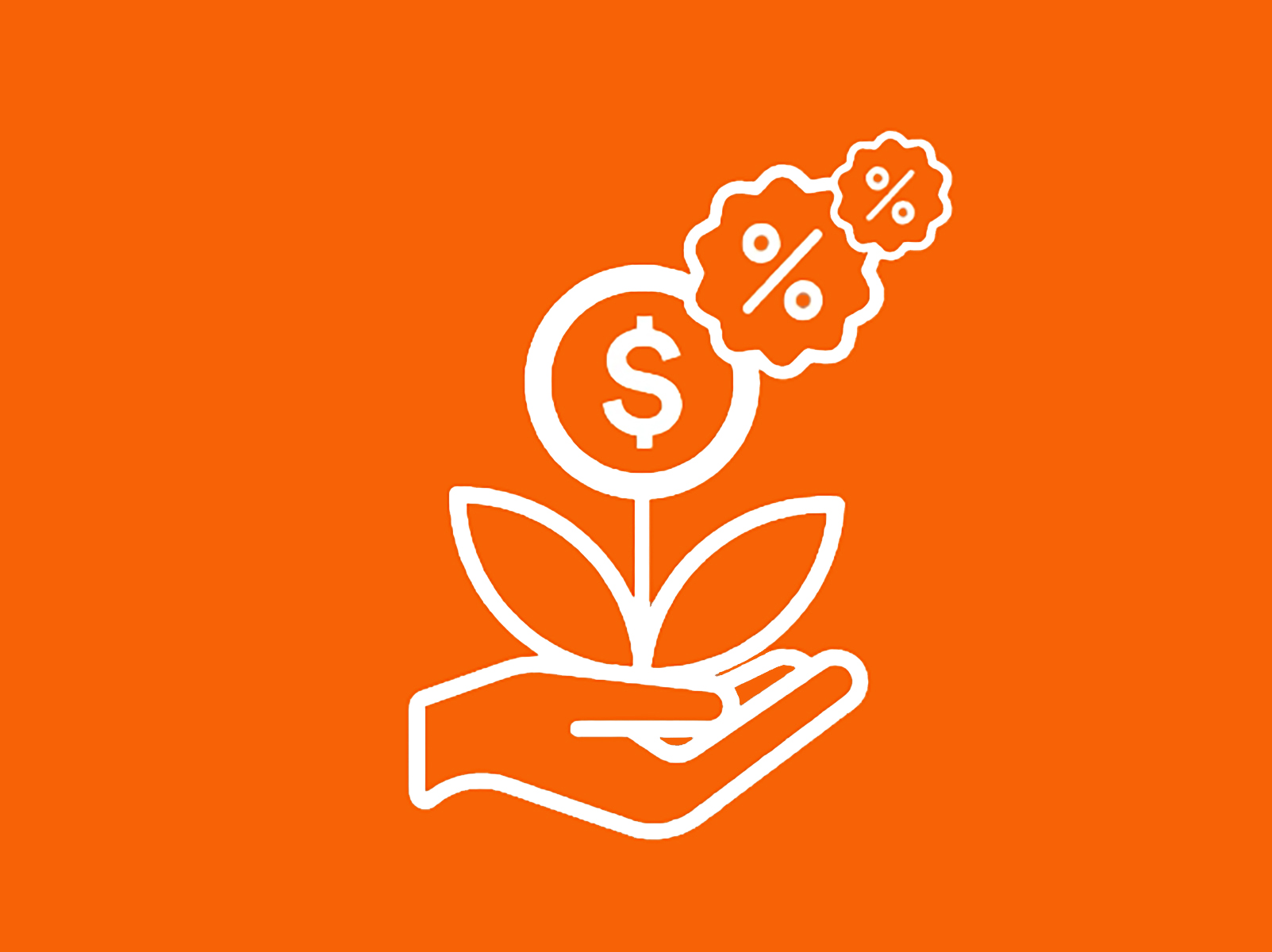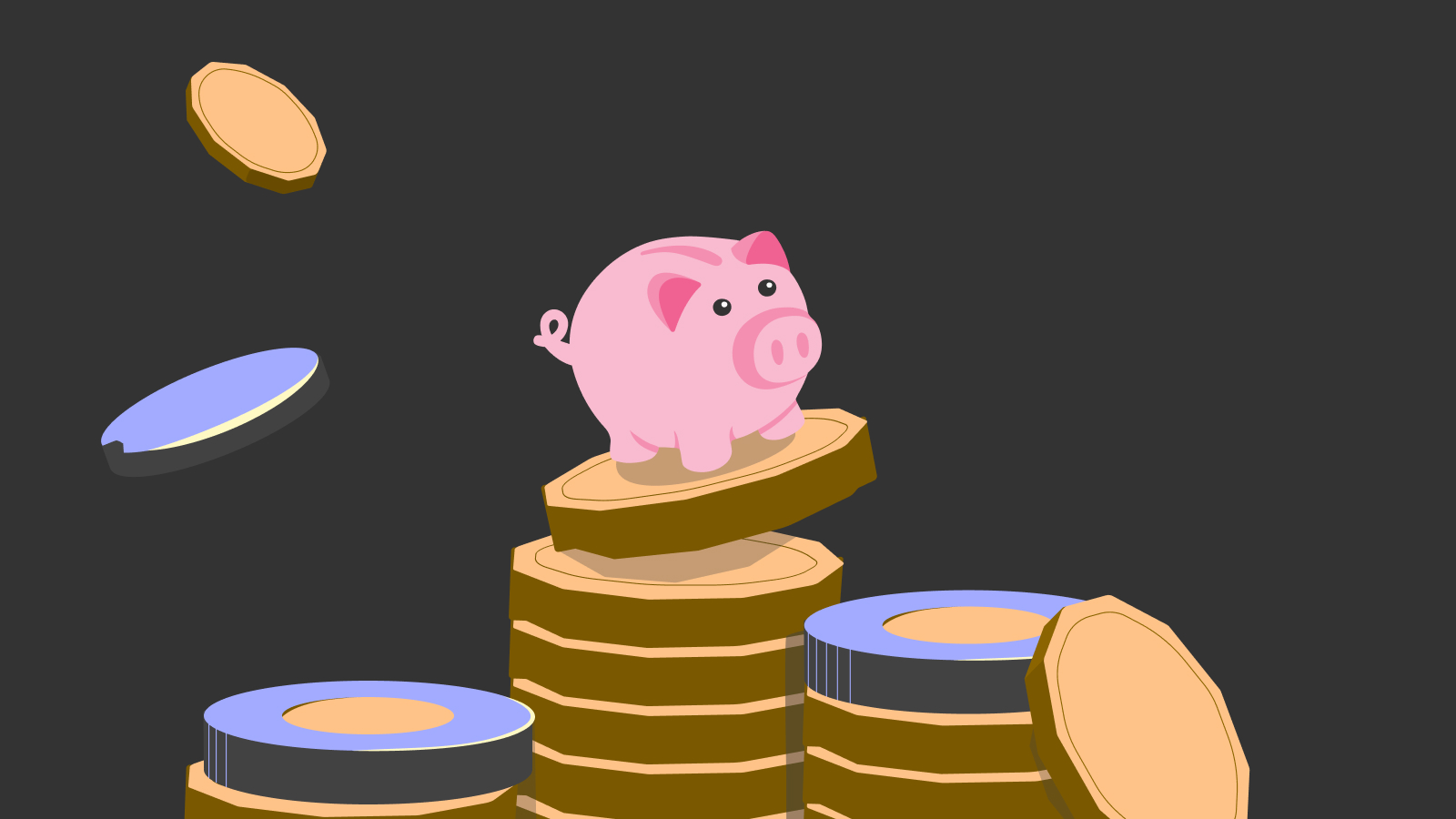Resetting your financial plan
Financial plans are not designed to be "set it and forget it." As your life situation changes over the years, you will want to go back and reset it.
The financial planning process has four steps:
- Define your current goals (both short-term and long-term)
- Assess your financial circumstances today
- Create and implement strategies to achieve those goals
- Review and adjust your goals from time to time.
That last step is easy to forget. "Life" happens all the time. Sometimes, it's a positive change, like a big promotion. Other times, it's negative, like the loss of a job. It's a good time to revisit your plans whenever a major life event occurs.
Life changes can require a number of possible adjustments to our goals and the timelines to reach them. A reduction in cashflow can require us to make certain tradeoffs, putting off some of our more flexible goals (such as a new car or vacation) in order to keep our overall goals intact.
Life and world events may impact your financial plans
Many Canadians faced a loss of income during the pandemic. More recently, they have struggled to keep up with the rising cost of living thanks to inflation and interest rate hikes.
But whether you experience a change in income as a result of a global event or you happen to work at a company that's downsizing, it's critical to review and adjust how you manage your cash flow so you have the best chance to hit your goals, whatever those may be.
Two strategies to help your financial reset
1. A subscription audit
Subscription models for businesses have become very popular. You can pay an ongoing monthly fee for razors, software, music, fitness, jerky and pretty much anything else you can think of. And for the same reasons that automatic savings can be a powerful way to save money, subscriptions for goods and services can be a powerful way to spend money. It's always worth doing an annual subscription audit, but after a sudden drop in income or the possibility of it happening in the near future, you may want to do one now.
2. A one-thing-in-one-thing-out approach to spending
Another strategy to help find some balance or mindfulness about how you spend money is to set a simple rule for your household. If you want to add something, it only happens if something else is sold or given away. For example, maybe you've started baking a lot at home. It might be tempting to want a stand mixer. Maybe baking is a passing fancy, or maybe it'll be a lasting hobby. Either way, having to think about what item you'd need to let go to purchase that mixer will not only help you to consider the purchase more carefully, but it might also help you realize that past expenses were not as necessary as you once thought. (As an added bonus, it can prevent clutter in your home!)
What if you have more disposable income?
While you might be spending more on groceries because of rising prices, you may also save on fuel/transit from your remote job or have recently secured a higher-paying gig.
If you're in the situation of having more money at your disposal, this is an opportunity. Perhaps you can accelerate a goal by temporarily adding to your savings or crushing your debt faster. Or maybe you can add a new goal altogether.
Plan and plan again
Whether recent events have made you worse or better off, it's a good idea to review your goals. Here's an exercise to help you think about what's important to you:
- Write down all your goals on pieces of paper or sticky notes
- Prioritize those goals by ranking them in order of importance
- Consider which goals you can achieve based on your current situation
- Make the necessary adjustments (you may need to re-rank those goals or change the target dates).
You can do this exercise whenever you have a major life change. For instance, maybe that'll be when you return to work after a maternity leave and your full income is back. Some of the goals you had temporarily put on hold may be achievable again.
Or perhaps you might find that getting married or getting close to retirement has changed your perspective on what's important to you. You might find that you have a different mix of goals than before. But the sooner you can think about your goals and how to maximize your chances of reaching them, the better. Good luck!


